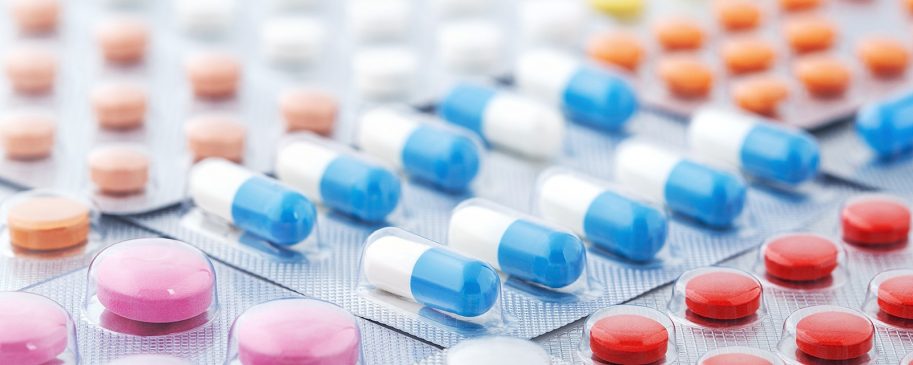Marked every year on April 19, World Liver Day is observed globally to spread awareness about liver related disease as it is a key player in our body’s digestive system and can be easily damaged if not taken good care of. Liver is the largest internal organ that lies under our right ribs, just beneath our right lung and not only removes toxins and other chemical waste products from the blood but is also responsible for continuously filtering blood that circulates through the body and converting nutrients and drugs absorbed from the digestive tract into ready-to-use chemicals.
Till date, over 500 functions have been attributed to the liver and scientists say more may be discovered over time. The most important function of the liver is processing of all that we consume, whether it be food, alcohol, drugs or poisons and the liver gets damaged by all the toxins we consume.
Infections in blood also reach the liver and inflict damage while many other disease processes, inflammations and diseases, including cancer in other organs, also target the liver. Did you know that non-prescription pain medicines might harm our liver if used repeatedly?
Health experts warn that the painkillers might worsen the effect if consumed in combination with alcohol. A major cause of acute liver injury is drug-induced liver injury (DILI) and paracetamol, often known as acetaminophen, has become one of the leading causes of acute liver failure.
What are some warning signs signalling the reduction of pain killer consumption?
In an interview with HT Lifestyle, Dr Akash Shukla, Director of Hepatology at Sir HN Reliance Foundation Hospital, revealed, “When the liver is damaged beyond a particular point, which is called as advanced Cirrhosis. It is unable to handle the toxic materials which are produced in the body and harmful substances absorbed by the intestines, since many of these chemicals bypass the liver they are circulated in the body.”
He added, “Some of these escape through the lungs in gaseous form. This escape of some of the materials, especially those called mercaptans, can cause a distinct smell in the breath which is called fetor hepaticus. This is a peculiar pungent smell like rotten eggs and can indicate advanced liver disease.”
Do the side effects of painkillers differ between men and women?
Dr Ameet Mandot, Senior Consultant and Clinical lead – Adult Hepatology and Liver Transplant unit at Mumbai’s Global Hospital, highlighted that there is no significant difference in side effect of painkillers between men and women as the side effects depend more on genetic predisposition of individual rather than gender.
Preventive measures and lifestyle changes to ensure good liver health:
Calling progression to permanent liver damage i.e. cirrhosis, as the last and irreversible stage, Dr Tehsin A Petiwala, Consultant Gastroenterologist, Hepatologist and Endoscopist at Masina Hospital, shared that it can be prevented by simple measures. He advised, “Non-alcoholic fatty liver disease, a common cause of cirrhosis, can be prevented with simple lifestyle measures. Exercise and weight loss help in reducing excess liver fat along with overall body fat. Avoid high calorie-meals, saturated fat, refined carbohydrates (such as white bread, maida flour products and pasta) and sugars. These help in reducing the deposition of fat in the liver. The strict control of blood sugar in diabetics prevents the accumulation of fat in the liver.”
He added, “Alcohol intake is known to damage the liver and cause cirrhosis. Hence it is best avoided. Cirrhosis is also caused by Hepatitis B and C viruses. Early diagnosis and treatment are the keys to preventing the progression of liver disease. Hepatitis C can be completely cured whereas treatment of Hepatitis B is lifelong. Moreover, Hepatitis B can be prevented by vaccination, which is included in the National Immunization schedule.”
Recommending that over-the-counter medications such as painkillers should be avoided as they can cause liver damage, Dr Tehsin A Petiwala further alerted, “Herbal remedies like green tea extracts, Aloe Vera, etc. should be taken with caution as some of them have been shown to cause serious liver damage. Drinking one to two cups a day of coffee is shown to decrease the progression of liver damage.”





































